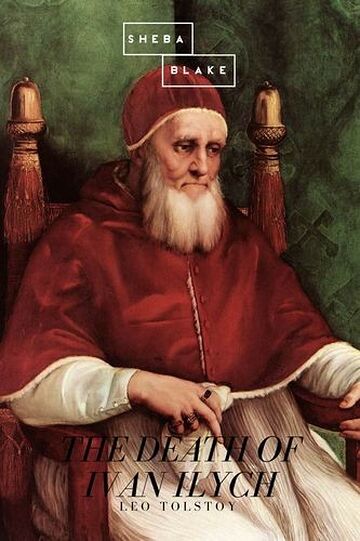- Libro
Digital

The Death of Ivan Ilyich, first published in 1886, is a novella by Leo Tolstoy, considered one of the masterpieces of his late fiction, written shortly after his religious conversion of the late 1870s. "Usually classed among the best examples of the novella", The Death of Ivan Ilyich tells the story of a high-court judge, and his sufferings and death from a terminal illness in 19th-century Russia. Ivan Ilyich lives a carefree life that is "most simple and most ordinary and therefore most terrible". Like everyone he knows, he spends his life climbing the social ladder. Enduring marriage to a woman whom he often finds too demanding, he works his way up to be a magistrate, thanks to the influence he has over a friend who has just been promoted, focusing more on his work as his family life becomes less tolerable. While hanging curtains for his new home one day, he falls awkwardly and hurts his side. Though he does not think much of it at first, he begins to suffer from a pain in his side. As his discomfort grows, his behavior towards his family becomes more irritable. His wife finally insists that he visit a physician. The physician cannot pinpoint the source of his malady, but soon it becomes clear that his condition is terminal. Confronted with his diagnosis, Ivan attempts every remedy he can to obtain a cure for his worsening situation until the pain grows so intense he is forced to cease working and spend the remainder of his days in bed. Here, he is brought face to face with his mortality, and realizes that although he knows of it, he does not truly grasp it. During the long and painful process of death, Ivan dwells on the idea that he does not deserve his suffering because he has lived rightly. If he had not lived a good life, there could be a reason for his pain; but he has, so pain and death must be arbitrary and senseless.
-
FormatoEbook
-
EstadoNuevo
-
Isbn9783961897124
-
Peso222.1 KB
-
Número de páginas49
-
IdiomaInglés
-
FormatoEPUB
-
ProtecciónDRM
-
ReferenciaBKW9360
